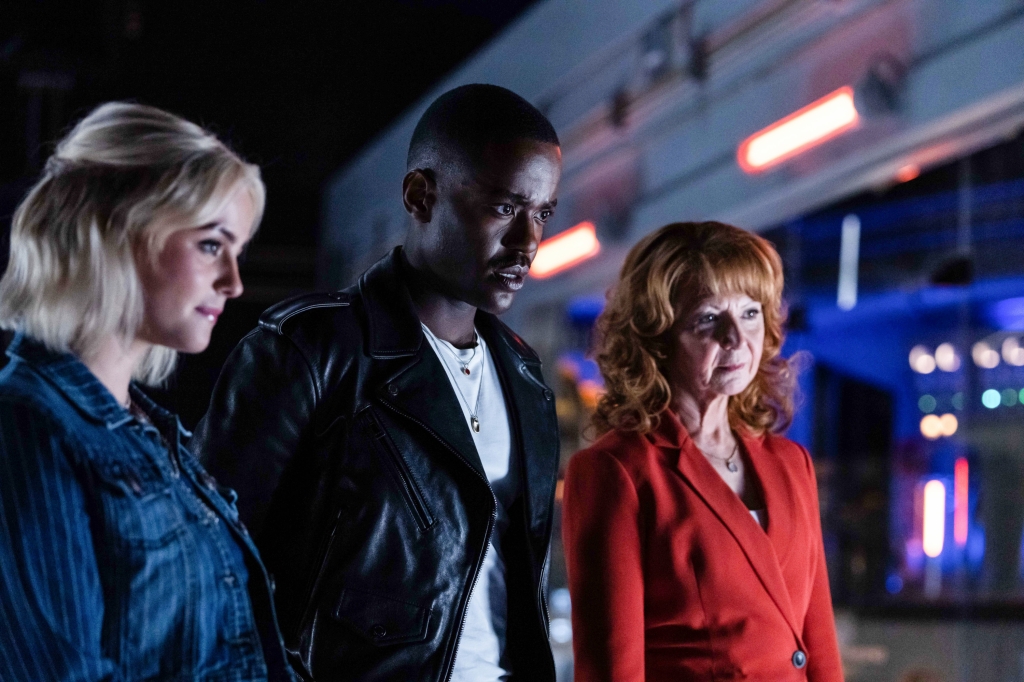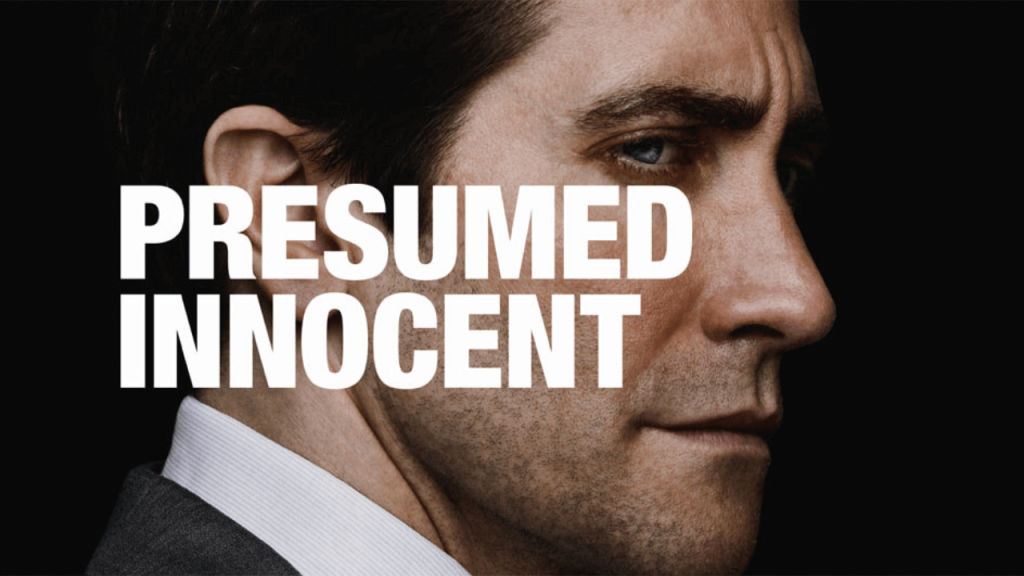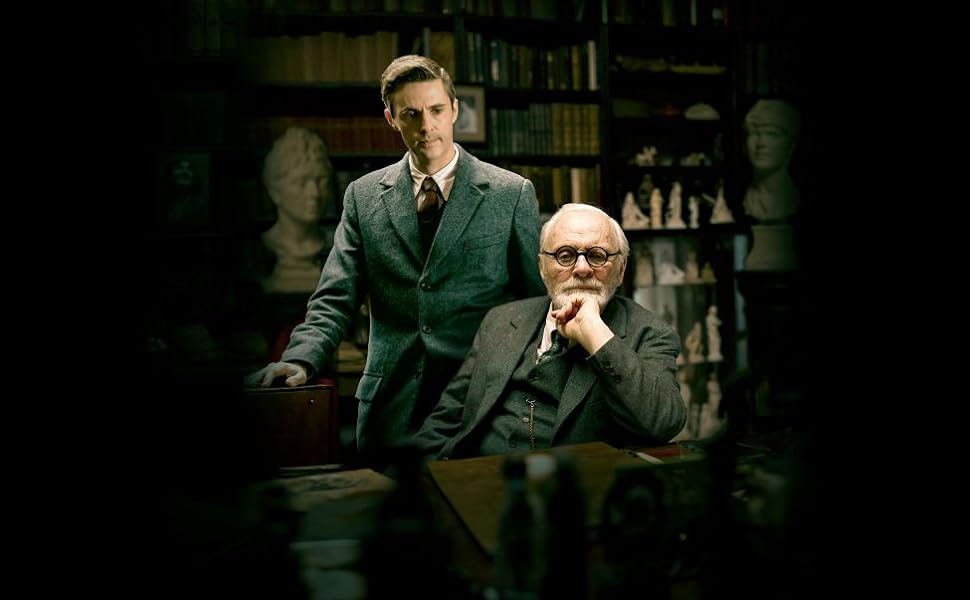
Directed by James Gray, in a story co-written with Ethan Gross, Ad Astra puts us in the near future and focuses in on Major Roy McBride, perceptively depicted by Brad Pitt, an astronaut who’s called upon to head out into the furthest reaches of our solar system to search for his missing father Clifford McBride (played by Tommy Lee Jones), a man who some 27 years earlier left the Earth, and his wife and son, to search for intelligent life in the universe.
The reason Roy has been chosen is because it’s been 16 years since Clifford reached Neptune with the ‘Lima Project’ and mysteriously since then, there’s been radio silence. However, in the recent weeks, power surges from an unknown source deep in space have been hitting Earth and threatening all humanity. Although there’s been no contact between the Lima Project and Earth in that time, they have some data that suggests Roy’s Dad may still be alive and SPACECOM’s only hope is that his son, Roy, might be the person to reach him or bring him back home.

So, first things first, Ad Astra wasn’t the film I thought it would be and – for me – that was an early positive. Whilst the trailer shared the general setup of the narrative, there’s a lot more at play that deserves attention, which is especially prevalent in relation to the exceptional visual voyage we encounter. However, it’s not all plain space-discovery and James Gray‘s film definitely has its pit falls, not Pitt himself, but due to over-explained narratives and reasoning.
One of the frustrating elements of Ad Astra is the excessive use of voice-over, from Roy McBride telling us all about his inner psychological battles and general thoughts over the situation. There are numerous moments when it’s just not necessary and doesn’t add anything to the wider narrative, especially as the story develops. However, where it wins in with its visual escapism, alongside a subtle score from Max Richter, and this is helped by the wonderful talents of DOP Hoyte van Hoytema, who you’ll know best for his work on Interstellar and Dunkirk. The vast, captivating wide shots of deep space, alongside intimate, close-up takes of Pitt’s face as he contemplates his life, bring all the life to the story. I’d be interested to know if there’s an edit without the voice-over as well, like Blade Runner, because that would be something to immerse in.

Ad Astra also offers some intriguing side-stories but they’re often disappointingly ejected into the great wide blackness without a deeper explanation, which was disappointing. While I’ve seen the mention of 2001: A Space Odyssey coming out as an inspiration, maybe due to the light shows and psychological expansion, Ad Astra is nowhere near as sharp or brilliant as that, or those mentioned. However, as a positive ponder, I’m pleased that films like these are getting big screen time.
While there is a cameo-like cast that includes Tommy Lee Jones, Ruth Negga, Donald Sutherland, Liv Tyler and even Natasha Lyonne, it’s Brad Pitt who takes full focus for the entire film. He’s convincing and compelling as Roy McBride, and after last seeing him as the cocksure Cliff Booth in Once Upon a Time in Hollywood, now we witness the flip-side of his talent, where he’s internalised and vulnerable, a man on the edge who’s focused but also desperately trying to hunt down some closure after the breakdown of any relationship with his Father.

For me, the first hour is the finest, Gray builds the mystery of the wider picture which reflects our own fear of being unaware of what each character might represent. Why do they want Roy for the mission, do they want him for the right reasons, what IS the pulse of electricity and what has happened to his father? Gray and co-writer Gross also take a note out of the Xenomorph world by calling their ship the Cepheus, which in Greek mythology was the name of two kings in Aethiopia, grandfather and grandson – thus probably mirroring the father and son relationship of Pitt and Lee Jones. So, is the ship his saviour, or is it the journey outside of it?
So many questions are raised in Ad Astra, but not many are answered. And I while haven’t even mentioned moon pirates or space monkeys ’til now, nope not kidding, and they were exciting moments, this is a film with so many good ideas which are quickly skipped over for Pitt’s insular escape adventure. Equally frustrating and occasionally brilliant, there’s a lot to admire but also that burning sensation it could have been so much more.









![Army Of Shadows Blu-ray review: Dir. Jean Pierre Melville [Vintage World Cinema]](https://criticalpopcorn.com/wp-content/uploads/2024/05/image-14.png?w=1024)
![Doctor Who: Pest Control and The Forever Trap (6LP Red & Yellow Vinyl) review [Demon Records]](https://criticalpopcorn.com/wp-content/uploads/2024/05/3f35d7aa-1aa8-406e-89ac-e773b1646e09.__cr00970600_pt0_sx970_v1___.jpg?w=970)




![Building the Batmobile Tumbler [Hachette Partworks: Issues 53 – 58]](https://criticalpopcorn.com/wp-content/uploads/2024/06/wp-17179408424882484652437929488722.jpg?w=1024)

Post your thoughts